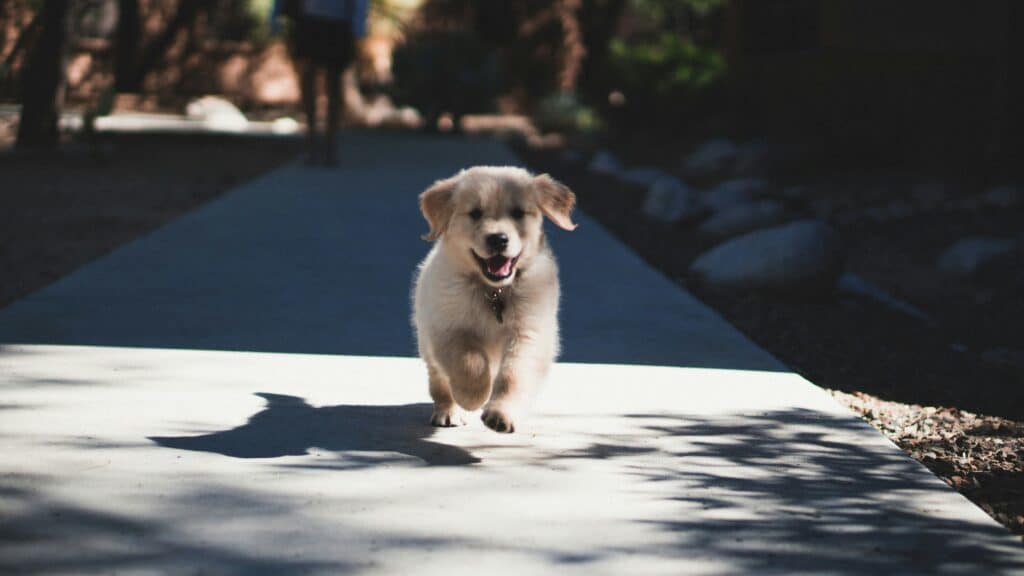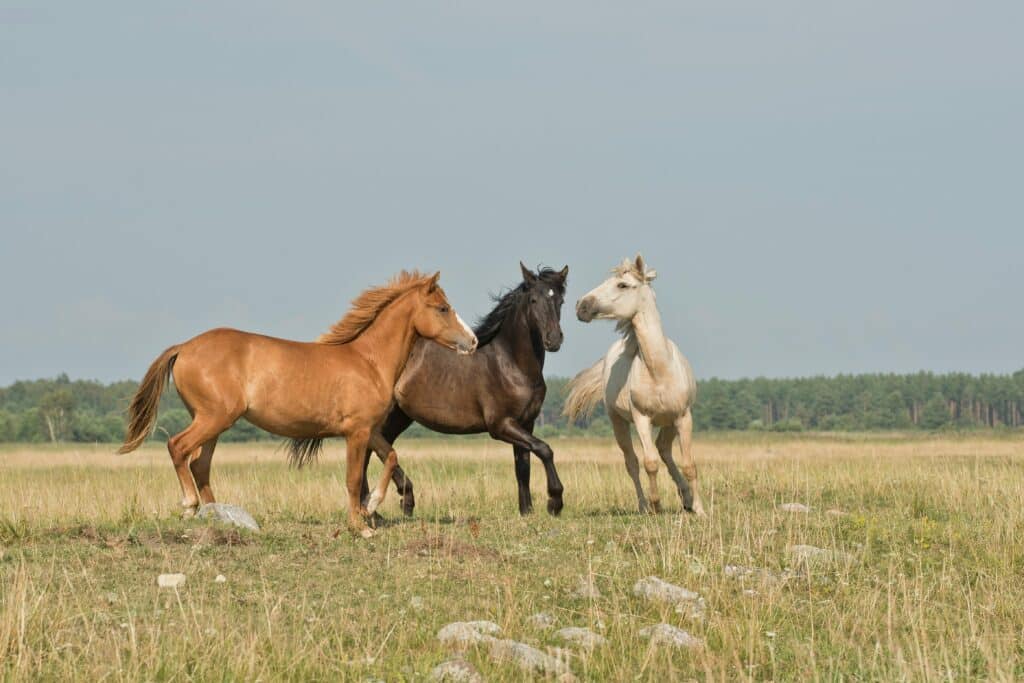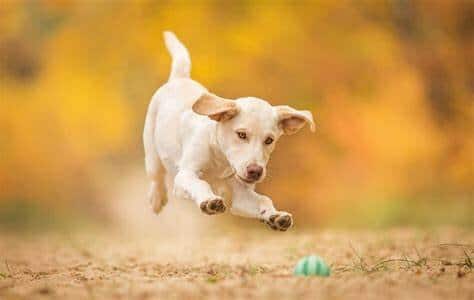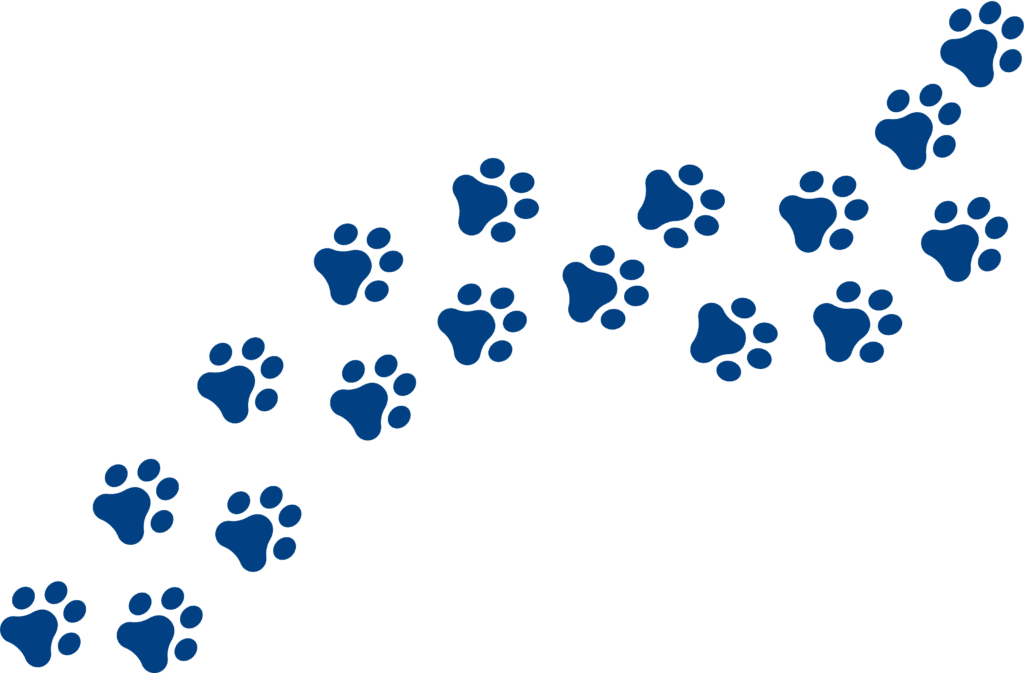Brachycephalic Obstructive Airway Syndrome as one might expect, affects brachycephalic breeds (think “squashed faces”) such as Pugs, Boxers, Bulldogs, French bulldogs, and Boston Terriers. We asked Dr Andrea Barnard five questions about BOAS to get a better understanding of it:
Isn’t it just natural that some dogs snore and they breathe heavily?
Whilst it is certainly common for some dogs to snore or breathe heavily, it is not necessarily normal. Unfortunately, as many of our brachycephalic (short-faced) breeds have evolved with breeding, several problems have developed with their airway function. They tend to have narrower airways which makes breathing more difficult. This can lead to increased respiratory noise and effort and also increased susceptibility to pneumonia and heat-stroke.
How do you fix it?
BOAS can be managed surgically by removing and adjusting some of the tissues that get in the way of normal airflow. The airways for these patients will never be normal but can be dramatically improved. This makes breathing more comfortable and easier which means a much better quality of life. In surgery, the main tissues operated on are the soft palate, the tonsils and the nostrils. Small increases in airway diameter make dramatic differences to air flow and therefore the ability to breathe.
How effective is the treatment? Will it reappear?
Like many conditions, the effectiveness of treatment depends on many different things but primarily on how severely the dog is affected. These variations can be discussed on a case-by-case basis and the likelihood of success of surgery is always weighed up against the risks of the surgery and how difficult the breathing is. Affected animals can require ‘revision’ or repeat surgeries later in life but often early intervention will make that much less likely and will allow for a much better quality of life in the meantime.
Can non-brachycephalic breeds experience the same trouble?
BOAS is named for brachycephalic breeds – other dogs can certainly have some of the same issues but as a syndrome (a combination of the different problems) BOAS generally only affects dogs that have short faces, essentially because all of those tissues at the back of the throat are ‘squashed up’ into a smaller area.
If you do have a Brachycephalic breed or you have any concerns at all regarding breathing difficulties, exercise intolerance, snoring or snorting, please make an appointment with one of our vets.




